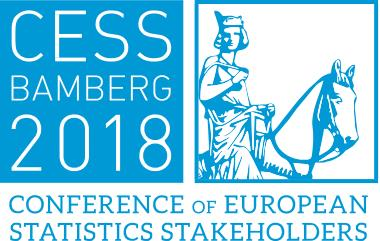The present paper intends to assess and analyse the perception of individual taxpayers regarding the fulfilment of their tax obligations. In particular, to analyse the impact of the introduction of the e-invoice portal in tax compliance, and in this way adding value to official statistics, where the focus is restricted to the satisfaction assessment and the identification of flaws.
The theme is justified for several reasons. First, the tax compliance paradigm followed the evolution of the digital economy, and today it is only possible to file the tax returns online. Secondly, in 2015 the e-invoice portal was linked to the individual taxpayer's tax returns allowing them to manage their taxation, through the validation of their expenses, that will be deducted on the tax amount.
This study intends to check how taxpayers evaluate the e-invoice portal in their relationship with tax obligations. It is our intention to see if it is seen as a useful tool to support tax compliance or, instead, as an "obligation" to the taxpayer which leads to an increase of compliance costs.
A 31 questions questionnaire was made available, it was measured the (perceived) subjective norm, usefulness, reliability, compatibility, ease of use and attitude a structural equation model (SEM) analysis was performed with AMOS.
We conclude that the variables subjective, compatibility, reliability, usefulness and ease are positively related to each other, and that, together, result in a good attitude of the taxpayer towards the portal.
